Christmas Day might feel like it’s all about cozy traditions now, but this date has hosted some of the most jaw-dropping moments in human history. From crowning emperors to scientific breakthroughs to acts of wartime humanity, December 25 has been the stage for world-changing events. Let’s dive into the full timeline of this holiday’s hidden, jaw-dropping historical moments.
Christmas Becomes an Official Celebration (336 CE)

Before stockings, carols, or even Christmas trees, early Christians had to pick a date to celebrate Jesus’ birth. Enter December 25. But why this date? The Roman Empire already loved a good winter party, especially Saturnalia, a festival honoring the god Saturn. By aligning Christmas with existing pagan festivities, Christianity gained traction across the empire, creating a tradition that’s endured for nearly two millennia.
This first recorded Christmas celebration in Rome marked the moment when December 25 became a cultural and religious cornerstone for Western Christianity—and it’s been shaping December ever since.
Charlemagne Becomes Emperor of the Romans (800 CE)
Let’s set the scene: It’s Christmas morning in St. Peter’s Basilica, Rome. Charlemagne, king of the Franks, is kneeling in prayer. Suddenly, Pope Leo III places a crown on his head and declares him “Emperor of the Romans.” Cue dramatic gasps. This surprise coronation solidified Charlemagne’s control over much of Europe and gave birth to the Holy Roman Empire—a political and religious powerhouse for centuries to come.
Some historians argue that Charlemagne wasn’t thrilled about the timing, thinking it made him look like Leo’s puppet. But either way, the move forever changed the power dynamics in medieval Europe.
William the Conqueror Takes the Crown (1066)
Fast forward a few centuries, and another Christmas coronation rocked history. After his victory at the Battle of Hastings, William the Conqueror became the first Norman King of England. On December 25, 1066, he was crowned in Westminster Abbey, establishing Norman rule and kicking off profound cultural shifts in England.
The ceremony wasn’t without chaos, though. Outside the abbey, Norman guards misunderstood the crowd’s cheering for a riot and panicked, setting buildings on fire. Nothing says “Merry Christmas” like a little medieval miscommunication.
Galileo Discovers Jupiter’s Moons (1610)
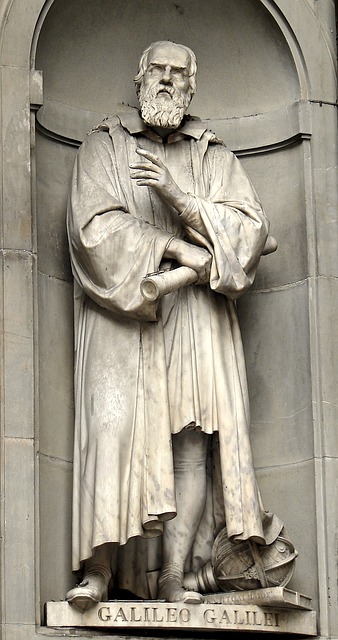
While most people were celebrating with food and fires, Galileo Galilei was glued to his telescope. Around Christmas in 1610, he began observing Jupiter and its moons—now known as Io, Europa, Ganymede, and Callisto. This wasn’t just a neat space fact; it was groundbreaking evidence for the heliocentric theory, which stated that planets orbit the Sun.
Galileo’s discoveries would eventually put him at odds with the Catholic Church, but they marked a turning point in humanity’s understanding of the cosmos. Imagine unwrapping the entire solar system as your Christmas gift.
Sir Isaac Newton is Born (1642)
December 25 also saw the birth of one of the greatest minds in history: Sir Isaac Newton. Born in Woolsthorpe, England, during a turbulent time of civil war, Newton would go on to revolutionize science with his laws of motion, gravity, and optics.
If the apple-falling story is true (debatable), Newton’s groundbreaking discoveries started with the simplest of moments—a reminder that even the smallest observations can lead to monumental breakthroughs. Christmas 1642 was, quite literally, the birth of modern physics.
George Washington’s Legendary Crossing (1776)
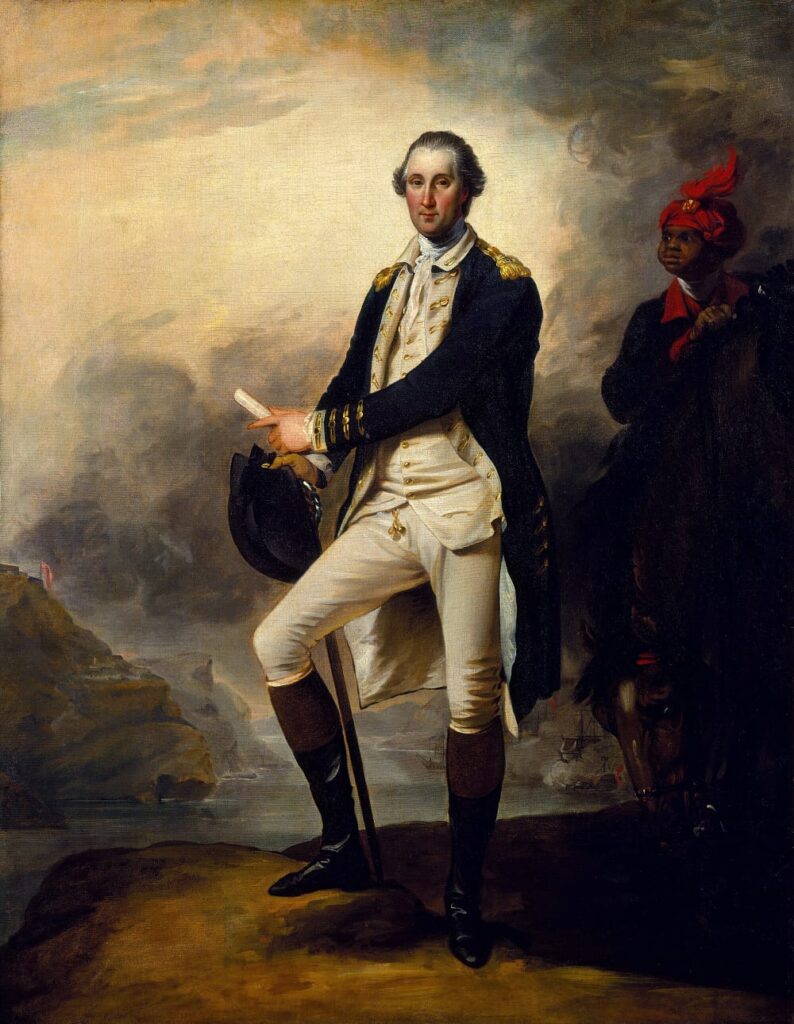
Christmas night during the American Revolutionary War wasn’t filled with festive cheer for George Washington and his troops. Instead, they were freezing as they crossed the icy Delaware River in a daring surprise attack.
Their target? The Hessian forces stationed in Trenton, New Jersey. The result? A crucial victory that boosted American morale and shifted momentum in the fight for independence. It’s the ultimate underdog story—proof that even in the coldest of winters, determination can turn the tide.
The Christmas Truce of World War I (1914)
War is the last place you’d expect Christmas cheer, but on December 25, 1914, something extraordinary happened. Along the Western Front, British and German soldiers put down their weapons and embraced an unofficial truce.
They sang carols, exchanged gifts, and even played football in no man’s land. While the truce didn’t last, it was a profound moment of humanity amid one of history’s deadliest conflicts. It remains a powerful symbol of peace and hope during even the darkest times.
The End of the Taishō Era (1926)
While much of the world was celebrating Christmas, Japan was mourning the death of Emperor Taishō. His death marked the pend of an era characterized by political shifts and modernization in Japan.
His successor, Emperor Hirohito, ushered in the Shōwa era—a period that would see Japan rise as a global power, face devastating losses in World War II, and emerge as an economic giant post-war. December 25, 1926, was a quiet yet pivotal turning point in Japan’s history.
The Fall of the Soviet Union (1991)
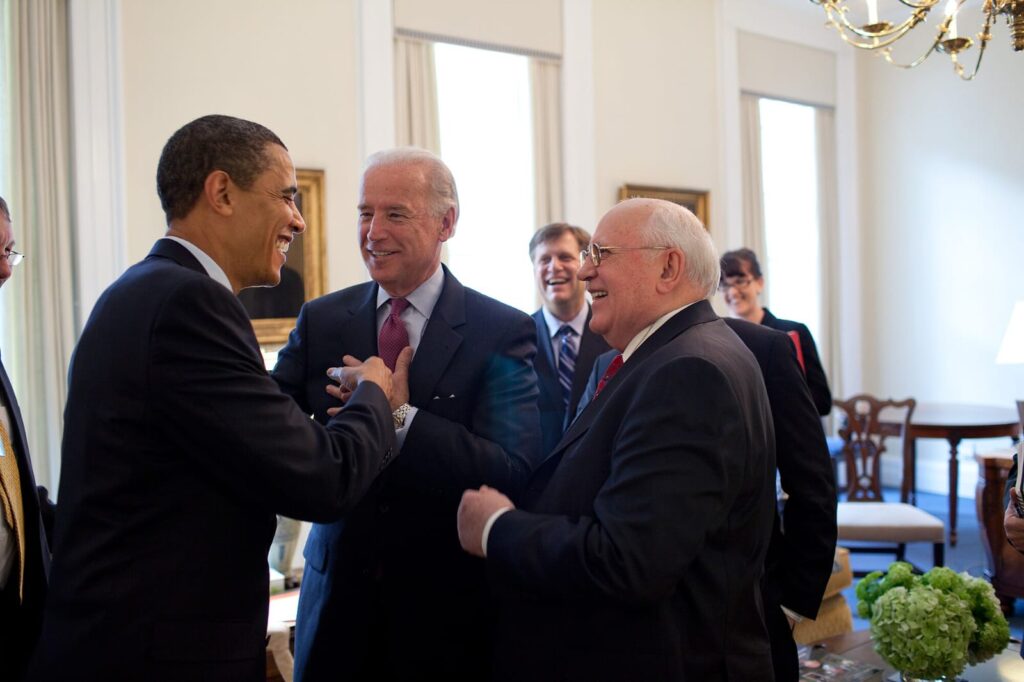
December 25, 1991, wasn’t just another Christmas—it was the day the world order shifted. Mikhail Gorbachev resigned as President of the Soviet Union, officially dissolving the USSR. After decades of Cold War tensions, the superpower that had defined global politics was no more.
Gorbachev’s resignation speech was broadcast worldwide, symbolizing the end of the Soviet era and the birth of a new, uncertain chapter in international relations. It’s not every Christmas that a global superpower bows out.
Peter the Great Flexes His Power (1701)
While most people were sipping hot drinks and singing carols (okay, maybe not most in 1701), Peter the Great was busy stomping Swedish forces. During the Great Northern War, he defeated Charles XII of Sweden, securing Russia’s dominance in the Baltic region.
This wasn’t just a military win—it was a geopolitical game-changer. Peter’s victory helped propel Russia from an overlooked kingdom to a major European power. Talk about a Christmas power move.
Rudolph Gets His Big Break (1939)

You know Dasher and Dancer, but do you know the department store that made Rudolph a star? In 1939, Montgomery Ward released a little booklet called Rudolph the Red-Nosed Reindeer.
Written by copywriter Robert L. May, the story of a misfit reindeer guiding Santa through the foggy skies became an instant hit. It was a Christmas marketing campaign that turned into one of the most beloved holiday stories ever told. So yeah, Rudolph isn’t just a reindeer; he’s the OG of holiday branding.
Iceland’s Wild Christmas Ban (1626)
Ever heard of a holiday so wild it gets banned? In 1626, Icelandic authorities declared Christmas celebrations illegal. Why? They thought the festivities had gotten way too rowdy and a little too pagan for comfort.
The decree cracked down on feasts, games, and anything remotely joyful. Imagine Christmas with no celebrations—it’s like the Grinch won before the Whos even got to sing. Though the ban didn’t last forever, it’s a reminder that even holiday cheer can get out of hand.
The Christmas Meteorite Strikes England (1964)
Forget snowflakes; in Barwell, England, they got a meteorite. On Christmas Day in 1964, one of the largest meteorites ever to hit the UK crash-landed while families were celebrating.
The Barwell Meteorite weighed hundreds of pounds and sparked a mix of awe and panic. Some locals thought it was the end of the world; others grabbed pieces of it as souvenirs. Either way, it was the most out-of-this-world Christmas gift anyone could imagine.
A Record-Breaking Christmas Feast (1983)
Move over, traditional Christmas dinners. In 1983, a community in Maine decided to go all out with a 12-hour-long holiday feast. Tables stretched for miles, live music played nonstop, and the food? Endless.
But because no great event ends without drama, the dinner wrapped up with a chaotic food fight. Mashed potatoes flew, pies were smashed, and one thing was clear: Maine knows how to throw a Christmas party for the history books.
A Cosmic and Historic Christmas
From groundbreaking discoveries to pivotal political moments, December 25 has been far more than a day for holiday cheer. It’s a date that has hosted coronations, revolutions, and cosmic revelations.
So, as you unwrap your gifts or share a holiday feast, take a moment to remember: Christmas Day isn’t just a celebration. It’s a day that has shaped the course of human history.


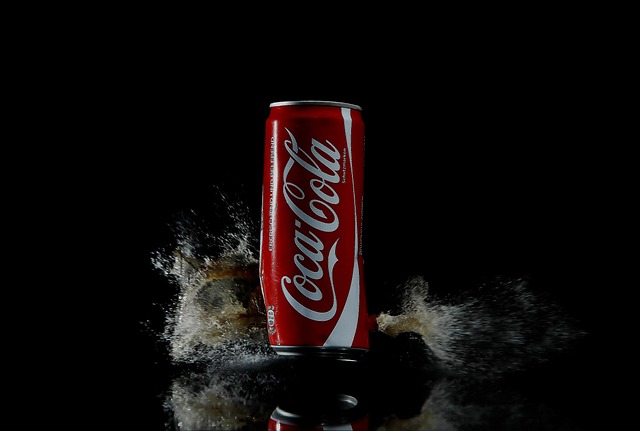
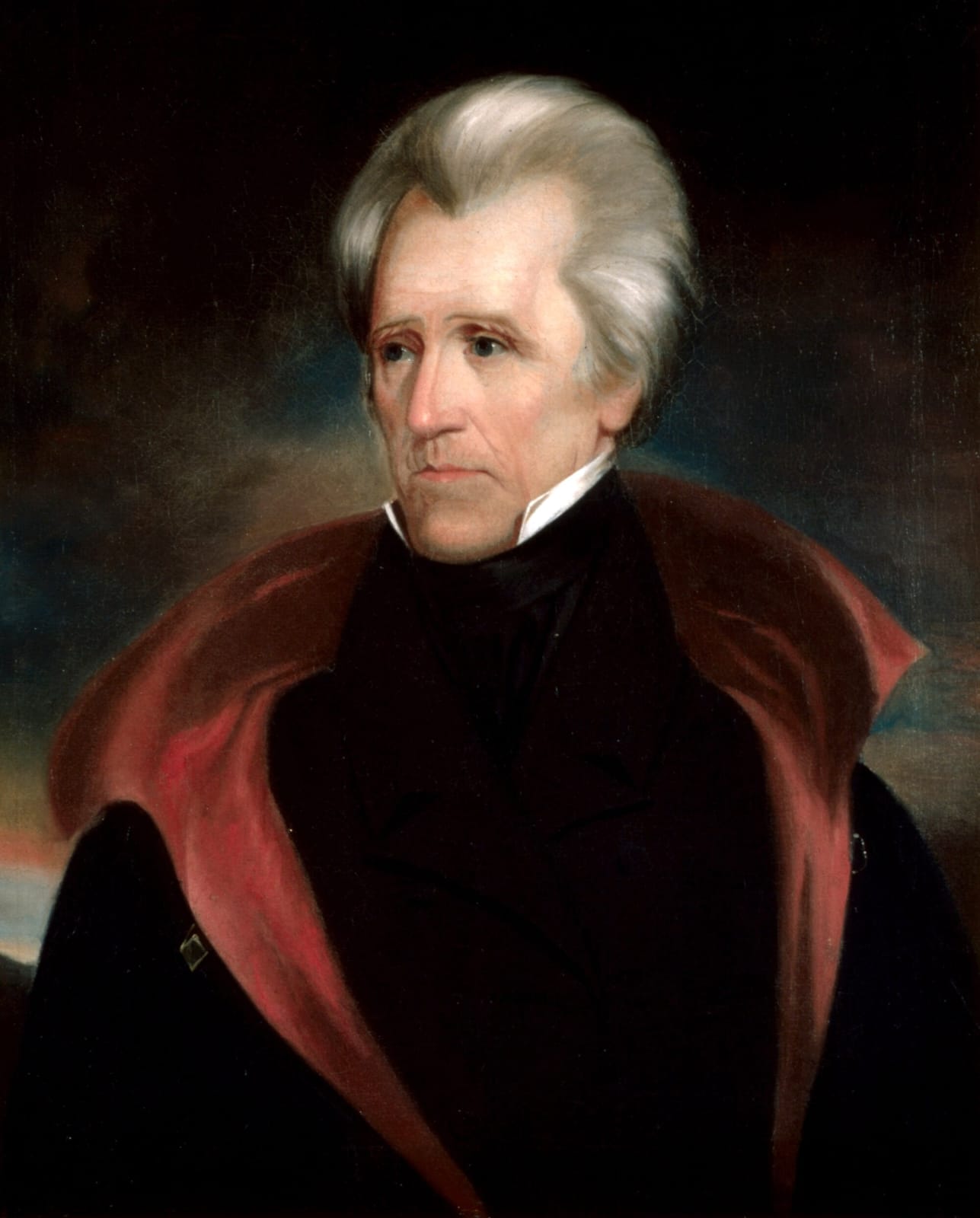

Your financial breakthrough starts here — join today! – http://go.xuderuy.com/0nf6